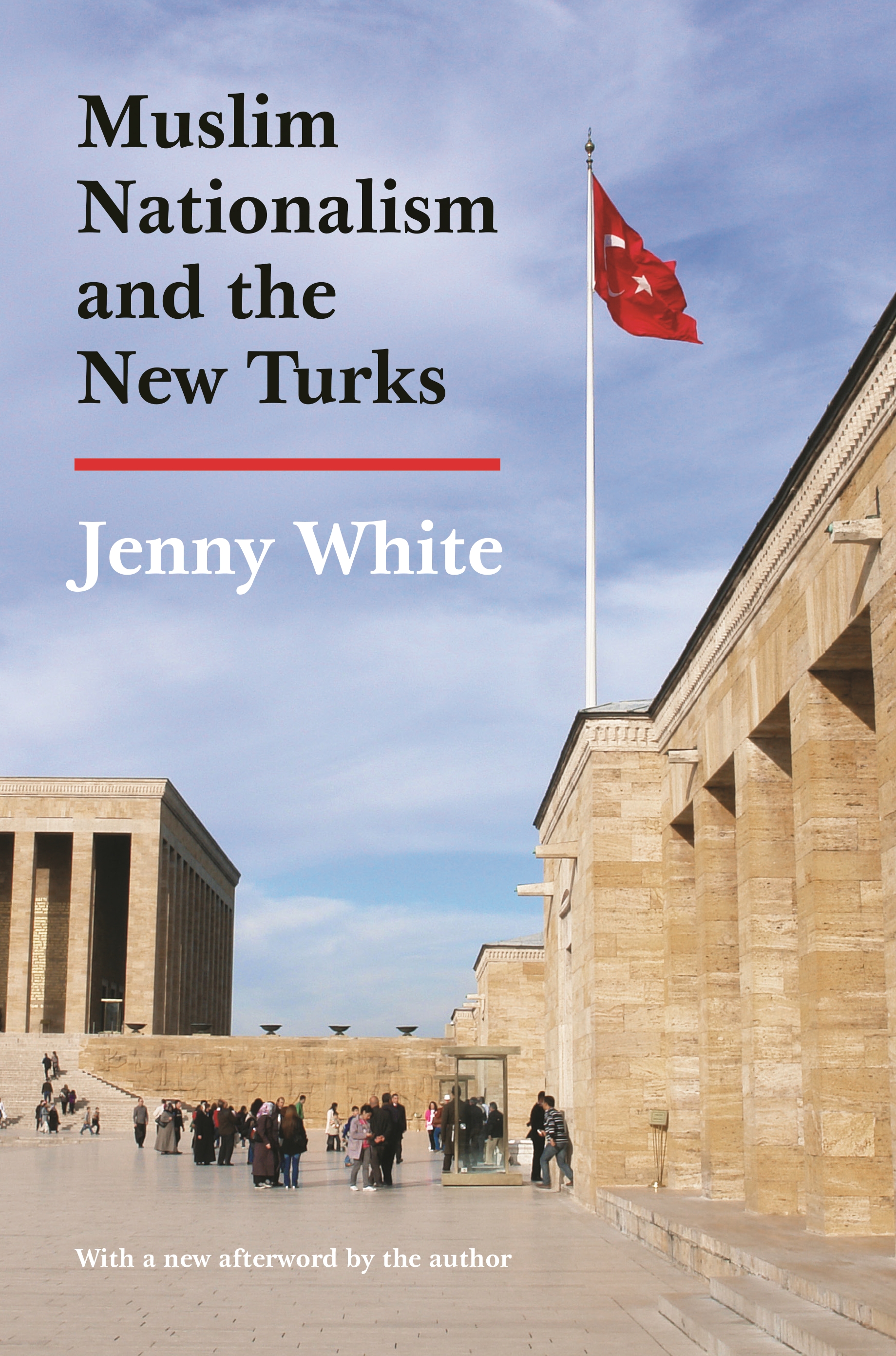Are Turkish people white or Asian? The answer is far from simple, encompassing a complex tapestry of history, geography, culture, and self-identification that defies easy categorization.
The question of Turkish racial identity is a recurring one, sparking debates across online forums, academic circles, and even within Turkey itself. The nation, straddling the continents of Europe and Asia, finds itself at the crossroads of different cultural influences, a geographical location that has shaped its identity for centuries. Defining what constitutes white or Asian is already fraught with complexities, involving cultural norms, historical contexts, and perceived societal structures, and then trying to apply these definitions to a diverse population adds another layer of intricacy.
| Attribute | Details |
|---|---|
| Ethnicity | Primarily Turkish, a Turkic ethnic group. Significant populations of Kurdish, Arab, and other Middle Eastern descent also exist within Turkey. |
| Geographic Origin | Turkic peoples originated in Central Asia. Their migration and interactions over centuries have led to a diverse genetic and cultural mix. |
| Physical Characteristics | Turkish people display a wide range of physical traits. Anthropological studies categorize Turks within the Turanid branch of the Europid group (a subgroup of the broader white race classification). Common characteristics include straight or slightly wavy brown or black hair. However, blonde and red hair are also observed. |
| Cultural Influences | Turkey has been shaped by a confluence of civilizations, including Turkic, Byzantine, Ottoman, and Western European influences. The nation's cultural landscape reflects this complex heritage. |
| Religious Affiliation | The majority of ethnic Turkish people are Muslim, with a significant proportion following the Hanafi school of Sunni Islam. |
| Self-Identification | How Turkish people perceive their own identity is multifaceted. Some identify with European culture, others with Middle Eastern or Central Asian roots, and many embrace a blend of these influences. |
| Citizenship and Integration | Citizenship status and integration into a specific culture, like that of Europe, does not automatically define someone as belonging to the dominant cultural group. It is the level of cultural integration that determines their status. |
| Historical Context | The historical context is essential to understanding Turkey's place. In the early 20th century, there was a push to define Turkish identity through scientific means, including anthropological studies focused on demonstrating whiteness. |
| International Recognition | Despite cultural and geographical links to Europe, Turkish people are not consistently recognized as Europeans. |
| Example of Migration | In the early 20th century, Turkish Cypriots were accepted under the White Australia Policy. |
| Notable Figure | Dr. Afet İnan, a sociologist, conducted extensive research on the physical characteristics of the Turkish population and was a strong proponent of the idea that Turkish people were white. |
| Additional Notes | The question of Turkish identity continues to be debated, with discussions involving history, culture, geography, and individual perspectives. |
| Reference | Wikipedia - Turks |
The perception of Turkish people is further complicated by the media and television portrayals within Turkey, which often emphasize a European lifestyle. This contributes to the idea of a modern, cosmopolitan identity, particularly among certain segments of the population. However, this internal perspective doesn't always align with external views, particularly within Europe itself.
The issue of racial classification is not simply about physical appearance. Cultural integration, societal acceptance, and personal identity play critical roles. Someone's background and connection to other cultures, as well as their citizenship status, are also important.
Historical efforts to define Turkish identity, like the work of Dr. Afet İnan, illustrate the complexities of the topic. The search for Turkish whiteness at times used both scientific and speculative means, including cranial analysis and research of historical documents.
The Turkish Cypriot community provides an interesting case in point. These individuals were once considered acceptable under the White Australia Policy, reflecting the fluidity of racial classifications and the influence of political and cultural factors. Many early immigrants from this group found work in factories and farms.
Ultimately, the question of whether Turkish people are white or Asian does not have a straightforward answer. Turkish identity is a dynamic and multifaceted phenomenon, representing a mosaic of cultures, histories, and perspectives. A true comprehension of this multifaceted subject requires a holistic approach, recognizing that racial categorization is not fixed, but is shaped by a combination of history, geography, and societal perceptions.



